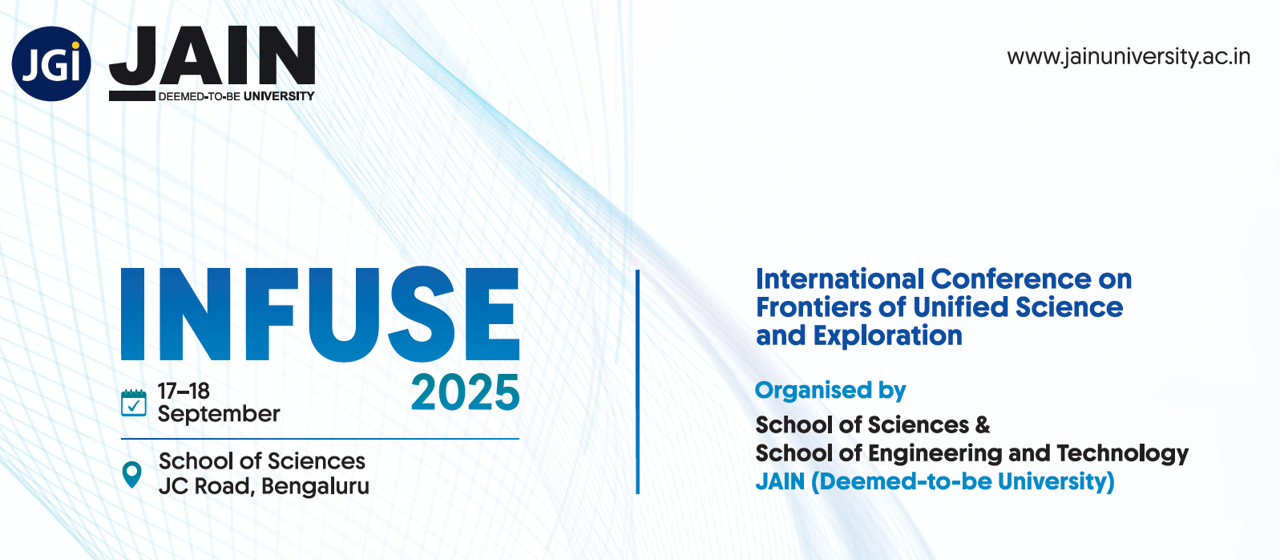Speaker
Description
Colorectal cancer (CRC) remains a major global cause of cancer death, with incidence accelerating in low- and middle-income countries (LMICs). Standard cytotoxic regimens (FOLFOX/FOLFIRI/FOLFOXIRI) and biologics (anti-VEGF; anti-EGFR in RAS/BRAF wild-type disease) have extended survival, yet transformative benefit is largely confined to MSI-H/dMMR tumors responsive to PD-1 blockade. The predominant microsatellite-stable (MSS) population remains immunologically “cold,” limited by immune exclusion, adaptive resistance, toxicity, and cost barriers. This review synthesizes converging strategies to widen durable benefit while keeping care practical and equitable.
(1) Next-generation combinations. Rational, pathway-aware regimens are advancing beyond single-node inhibition. In KRAS-mutant disease—especially KRAS G12C—vertical and parallel blockade (e.g., KRAS inhibitors combined with SOS1/SHP2 or EGFR inhibition) seeks deeper, more durable responses. Immune-priming approaches, including Wnt/porcupine and TGF-β modulation, aim to convert MSS tumors to IO-responsive states. Tumor-selective platforms—bispecific T-cell engagers and antibody–drug conjugates directed to CEA/CEACAM5 or CLDN18.2—offer higher intratumoral payload with potentially lower systemic toxicity.
(2) Treatment personalization. Broad molecular profiling now underpins first-line choices, while circulating tumor DNA (ctDNA) is emerging to guide adjuvant escalation or de-escalation and to surveil minimal residual disease. In rectal cancer, total-neoadjuvant therapy paired with response-adapted, organ-preserving strategies can maintain oncologic control while improving function, provided robust selection and follow-up.
(3) Microbiome and metabolism. Microbiome modulation—through fecal microbiota transplantation, targeted probiotics such as Akkermansia muciniphila, and high-fiber diets—may enhance checkpoint responsiveness and mitigate treatment-related toxicity. These low-cost, scalable levers are particularly attractive for LMIC settings when integrated with standard systemic therapy.
(4) Pragmatic repurposing and enabling technologies. Widely available agents—aspirin, metformin, statins, disulfiram—intercept COX-2, AMPK/mTOR, mevalonate/RAS prenylation, and ALDH/proteasome axes to complement standard care. Emerging nanocarriers enable co-delivery (e.g., cytotoxic plus immunomodulator) to heighten synergy and attenuate off-target effects. In parallel, AI/ML models that integrate radiomics, histopathology, and ctDNA dynamics are maturing to predict response, toxicity, and optimal combinations.

